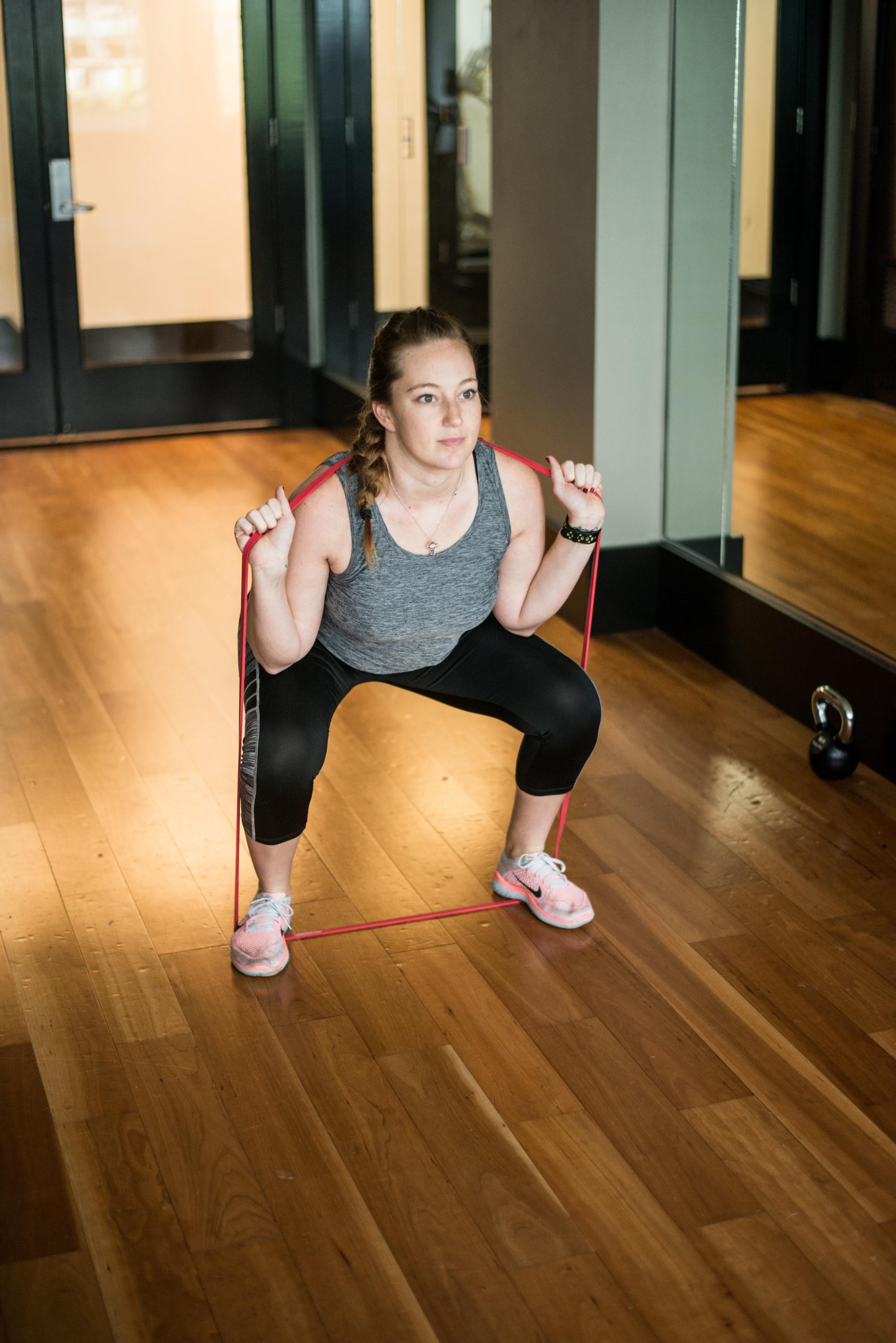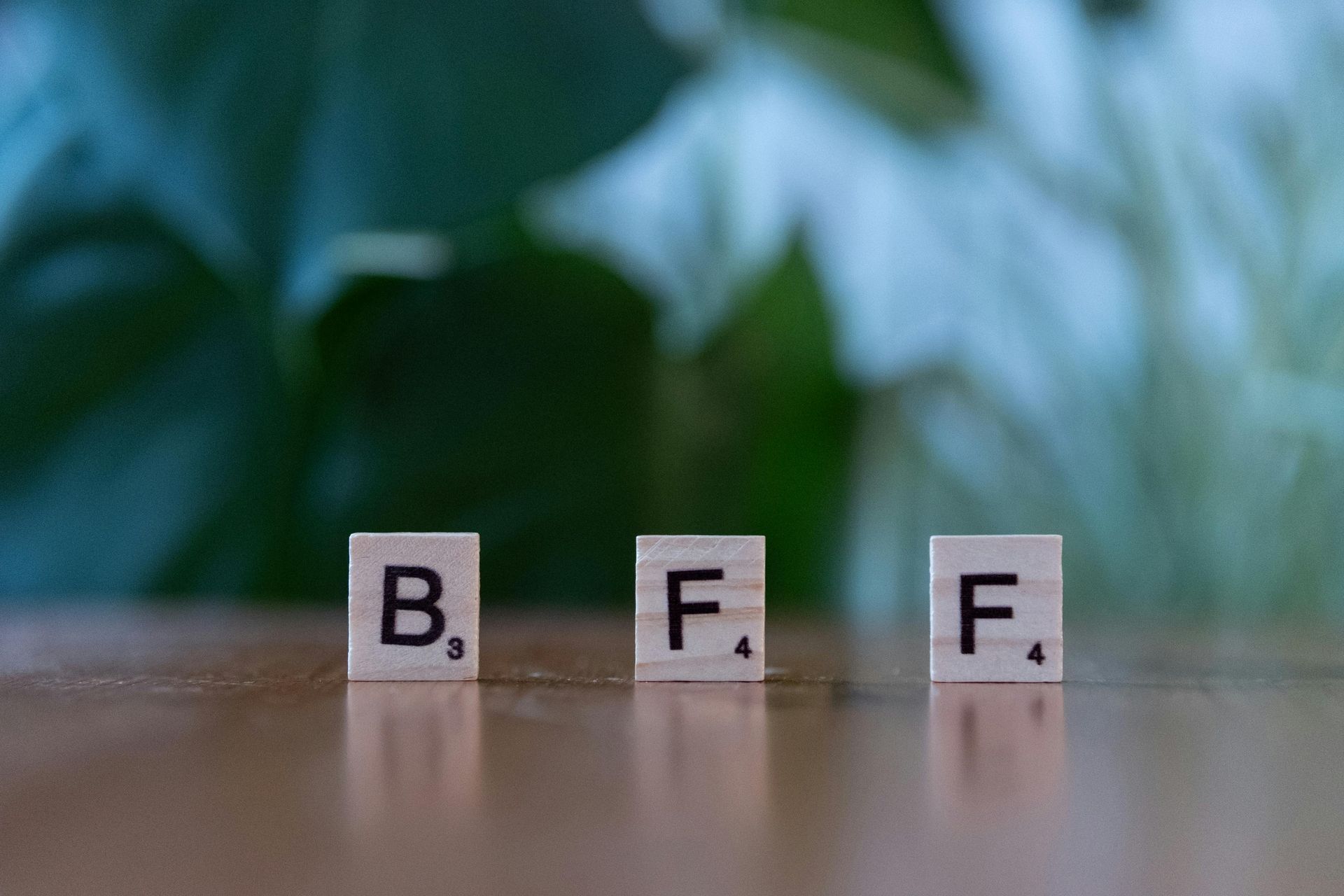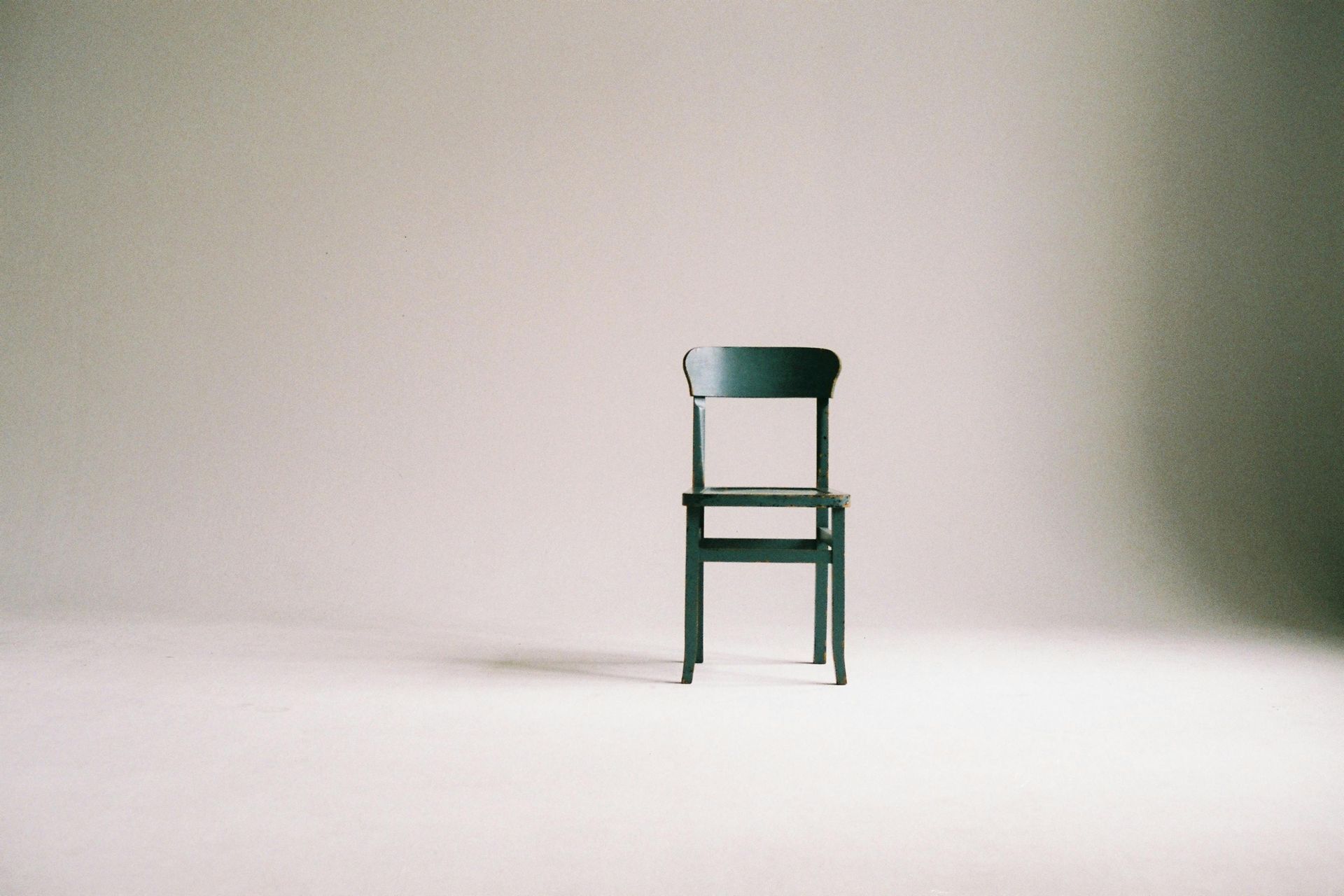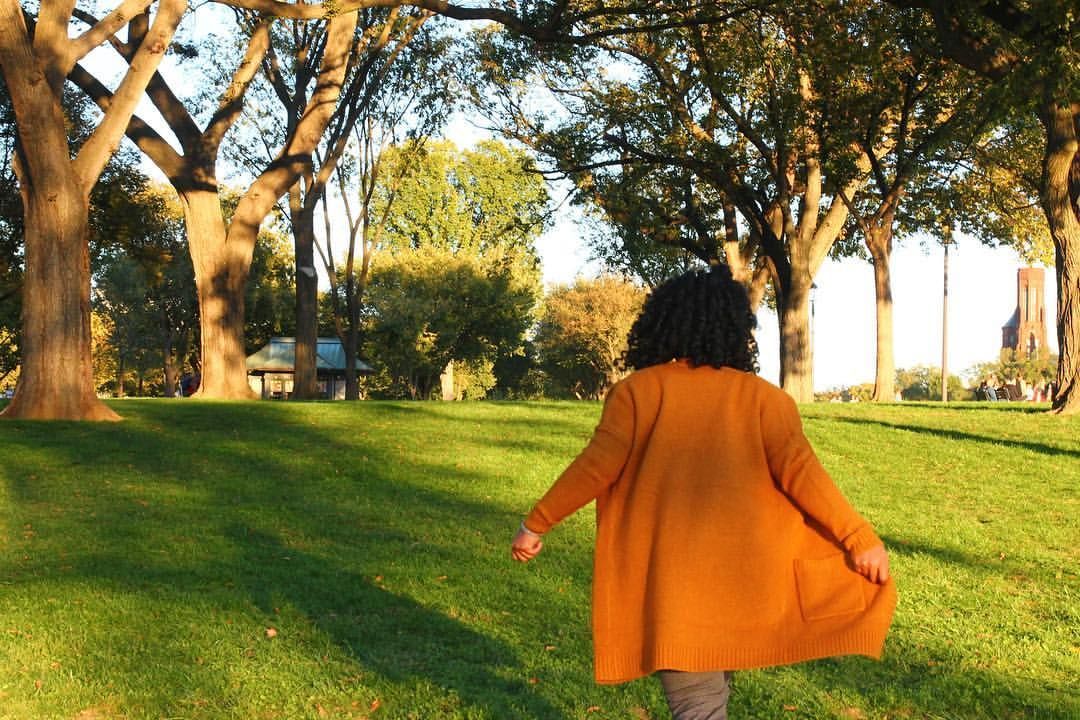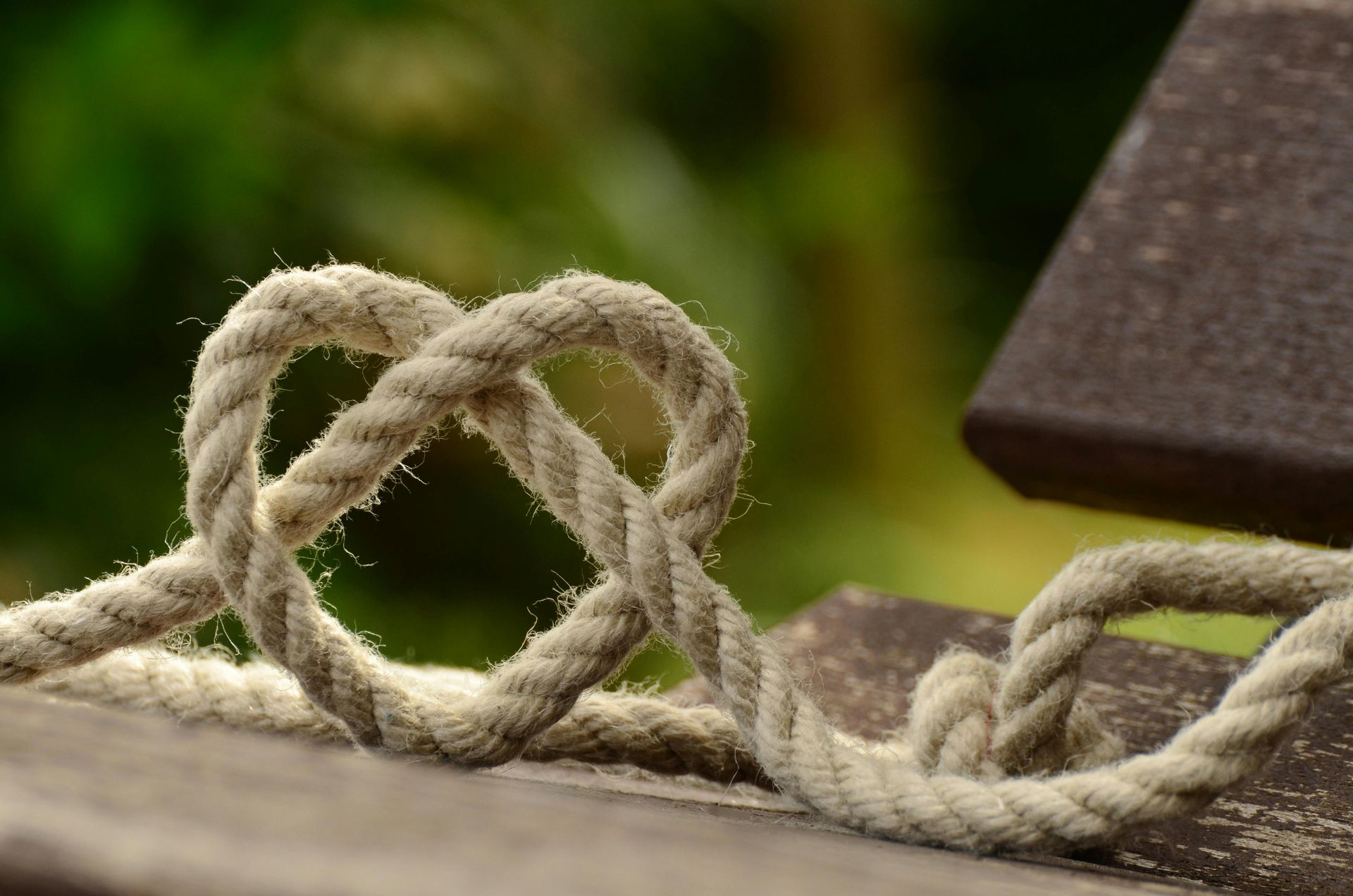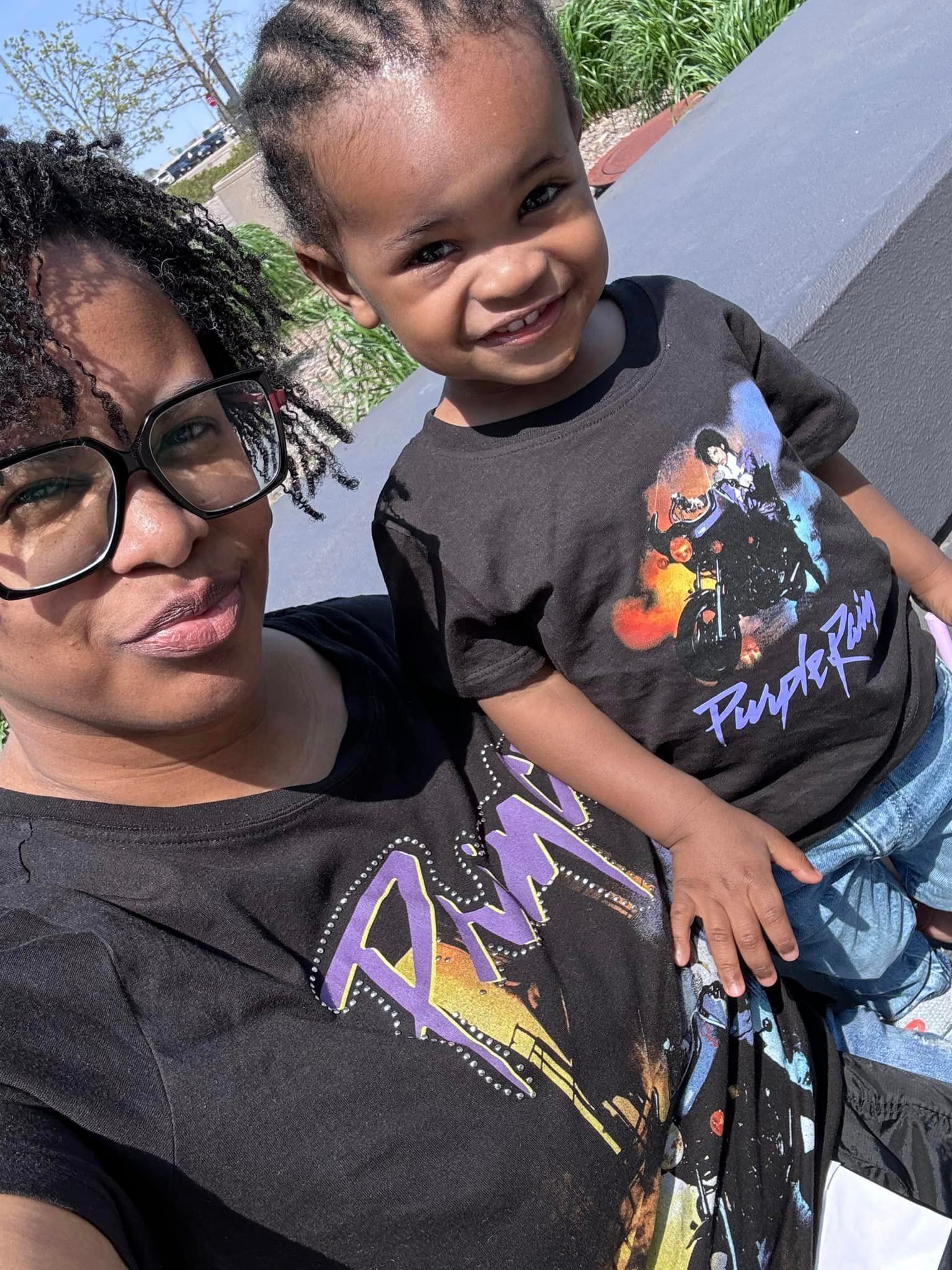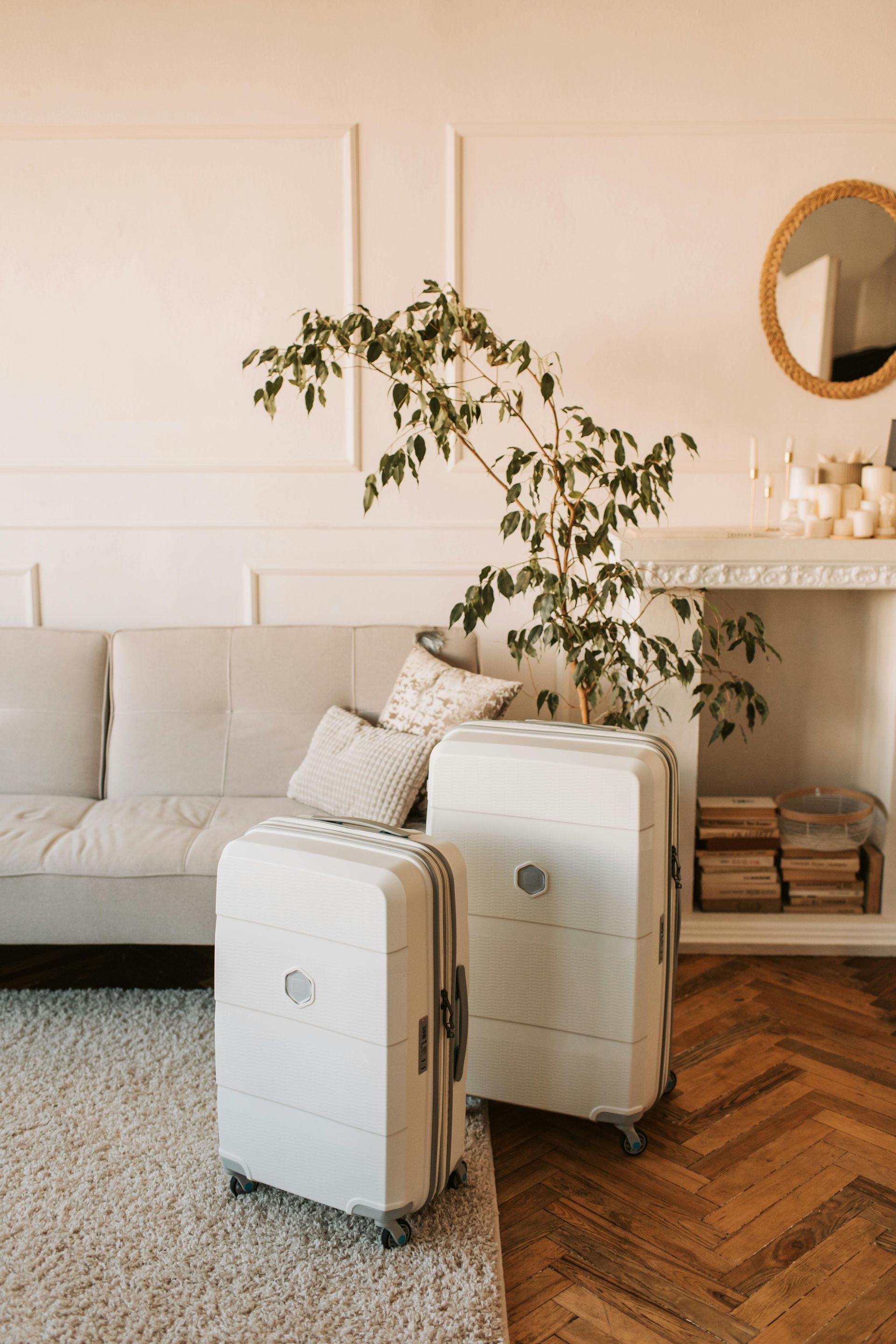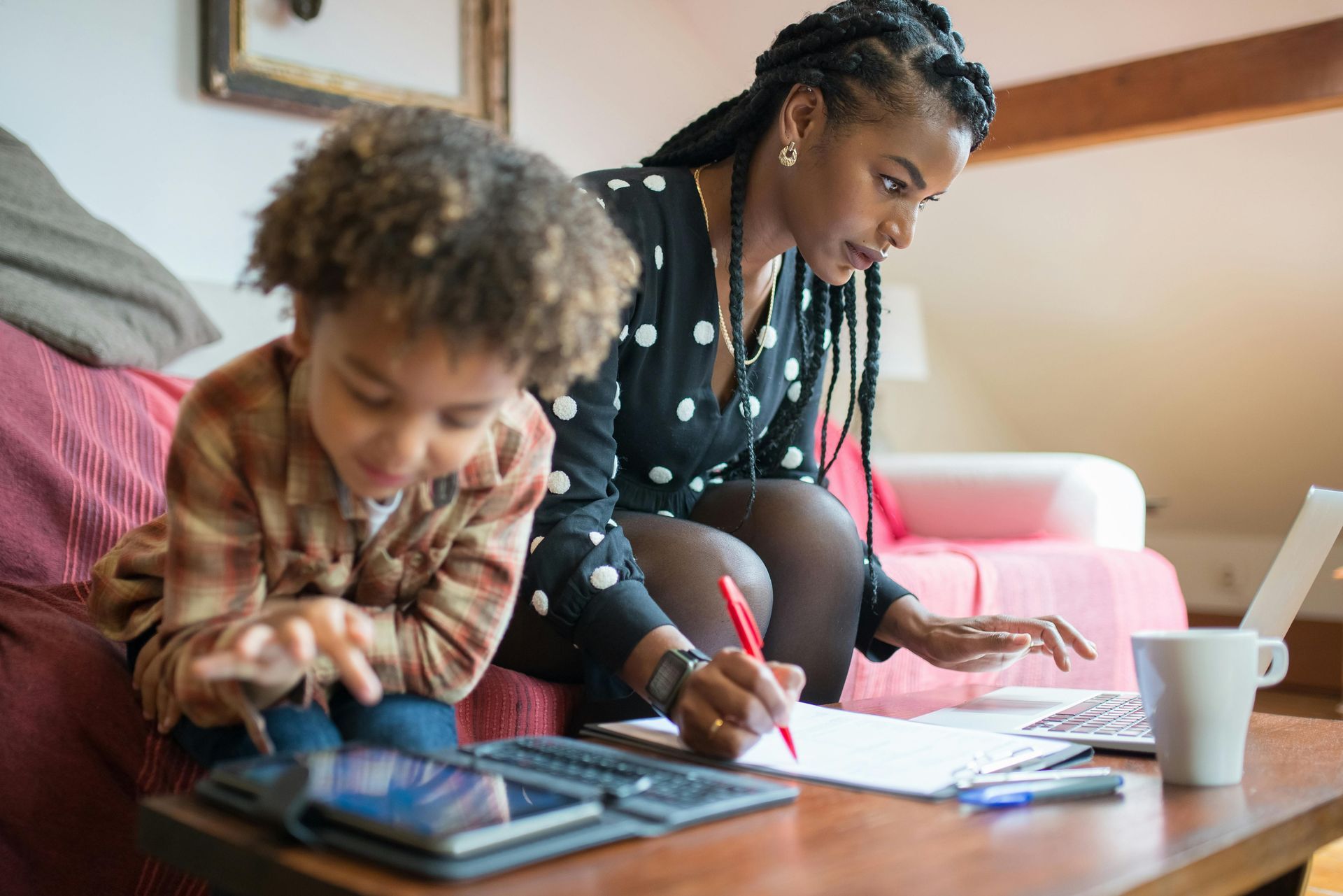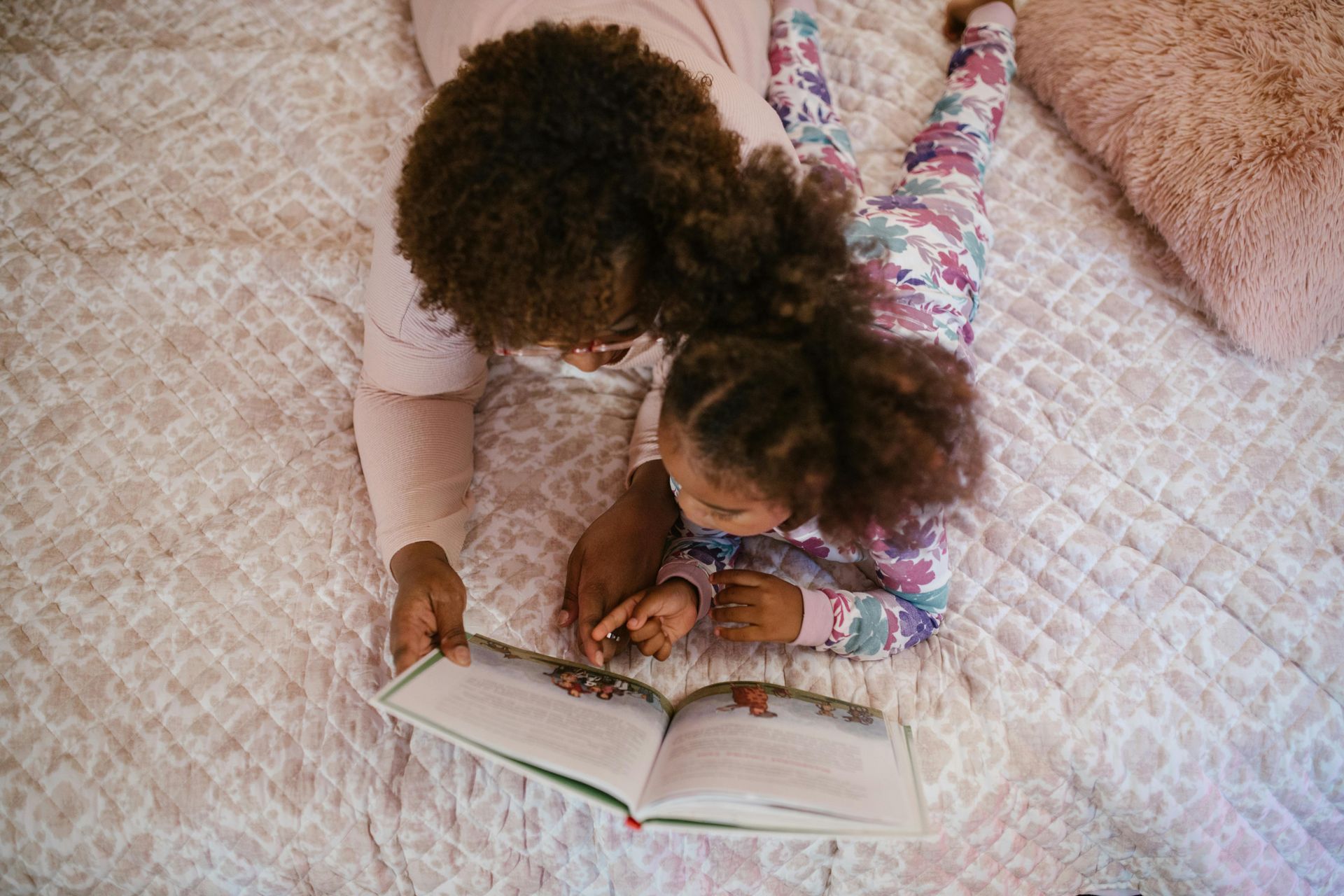Embracing the Art of Being Unfinished: Why I’m Letting Go of Perfect Endings
Learning to find beauty in the mess, the uncertainty, and the unfinished chapters of life—because growth doesn’t need a perfect ending.
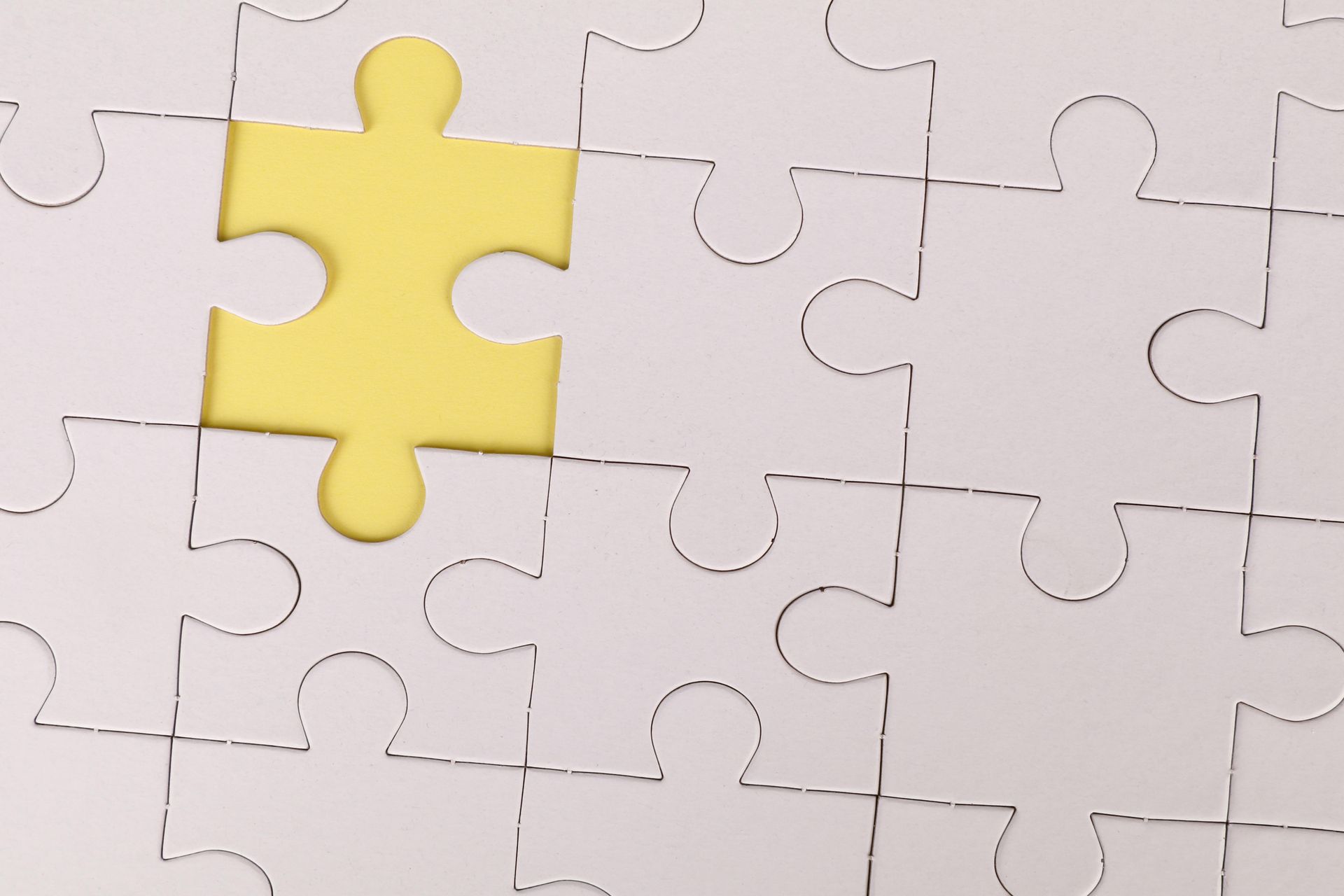
When you set out to dismantle your life and begin again, there’s a tiny part of you that wants a neat, tidy conclusion to every story. You crave closure—one last conversation that wraps things up, a definitive moment when you’ll finally feel “healed,” a clean break between then and now. But life doesn’t work that way. There are no neat bows, no crisp edges. Just jagged endings that blur into uncertain beginnings.
And maybe that’s the point.
This journey of minimalism, separation, and soul-searching has been less about finding closure and more about embracing openness. It’s about accepting that I’m not a finished project. I am—and always will be—a work in progress. And in that process, I’m learning to see the beauty in being unfinished.
Letting Go of the Pressure to Heal Perfectly
There’s a misconception that healing is a destination. As if one day, after enough yoga sessions, journal entries, and self-help books, I’ll be able to say, “I’m fixed. I’m whole again.” But the truth is, I’m never going to be the person I was before. I’m not meant to be.
Every step forward—every decision to purge an old memento or release a lingering resentment—isn’t about “fixing” myself. It’s about making space for who I am becoming. There are parts of my life that are still raw, still tender. There are unresolved conversations and memories that hover like uninvited guests. But I’m learning to live alongside them, without forcing them into tidy conclusions.
Healing isn’t linear. It’s more like a spiral—circling around the same old wounds, each time from a slightly different angle, each time peeling back another layer. And in this phase, I’m letting go of the need to rush the process. I’m giving myself permission to show up as a woman who’s still figuring it out, to embrace the loose ends and the things that don’t quite fit yet.
Redefining Success: Presence Over Perfection
Minimalism has taught me that clutter isn’t just physical. It’s emotional. It’s the expectations we carry, the beliefs we cling to, the shoulds that stack up like unused kitchen gadgets. In choosing to live with less, I’ve had to redefine what “success” looks like for me now.
Success used to mean being organized, in control, and projecting a polished exterior. But now, I’m more interested in the interior. It’s not about perfect schedules or achieving every goal. It’s about presence. It’s about being deeply, messily, unapologetically here, even when I don’t have it all together.
I used to see emptiness as a failure—a sign that something was missing. But now, I’m beginning to understand that an empty space is simply room to breathe. It’s possibility. It’s potential. It’s a reminder that I’m allowed to be in transition. And that maybe, success isn’t about arriving somewhere complete, but about having the courage to stay open to whatever comes next.
Navigating Motherhood When You’re Still Finding Yourself
I’d be lying if I said this journey has been straightforward. There are days when being a mother feels at odds with the work of self-discovery. How do you guide a little soul when you’re still learning how to guide your own? How do you provide stability when your own world is shifting beneath your feet?
But maybe that’s the greatest lesson I can give my son—that being unfinished isn’t a flaw. It’s a gift. Because it means we’re always growing, always curious, always willing to learn and unlearn. It means I can model for him what it looks like to choose courage over certainty, to value authenticity over approval.
I want him to see a mother who’s not afraid to change her mind, to follow her heart, to admit when she’s wrong and to keep searching for her own truth. I want him to see that you don’t have to have all the answers to be worthy, that your value doesn’t come from how “complete” you seem to the world.
And so, when I fumble, when I show up imperfectly, when I’m honest about the parts of myself that are still healing, I’m showing him something real. Something human. Something beautiful in its incompleteness.
Preparing for a Nomadic Life Without a Map
As I move toward our digital nomad future, I’m learning to embrace uncertainty. There’s a common misconception that minimalism, like nomadism, is all about stripping away until there’s nothing left. But that’s not it at all. It’s about clearing out what’s unnecessary so you have the room, the flexibility, and the freedom to carry what truly matters.
I don’t have a map for where we’re headed. I’m not sure what our lives will look like six months from now, which country we’ll be in, or what challenges we’ll face. But I know what I want to carry: presence, resilience, and the knowledge that we’re allowed to change our minds. That we’re allowed to evolve.
Minimalism has become a practice in trust—in trusting myself to navigate without knowing exactly where I’ll end up. In trusting that it’s okay to be unfinished, unplanned, and a little unraveled, as long as I’m being true to who I am. And in trusting that my son and I will find our way, even if the path isn’t linear.
Finding Beauty in the In-Between
There’s a Japanese concept called wabi-sabi, which celebrates the beauty of imperfection and incompletion. It’s about finding grace in what’s transient, what’s worn, and what’s unfinished. I think that’s what I’m striving for now—to embrace the wabi-sabi of my own life. To see the beauty in the chipped edges, the half-formed dreams, the journey that’s still unfolding.
I’m learning to love the person I am, not despite the loose ends, but because of them. Because they’re a reminder that I’m still here, still searching, still becoming. And that’s something I never want to lose—the desire to keep growing, keep questioning, keep evolving.
If I’m lucky, I’ll always be unfinished. Always making space for the new, always letting go of what no longer serves. Because that’s where the magic is—in the in-between spaces, in the messy middle, in the art of being open.
Here’s to being a woman who’s never quite complete, who’s always willing to begin again. Here’s to finding the freedom in never quite being “done.”
—From one unfinished soul to another.
XoXo,
